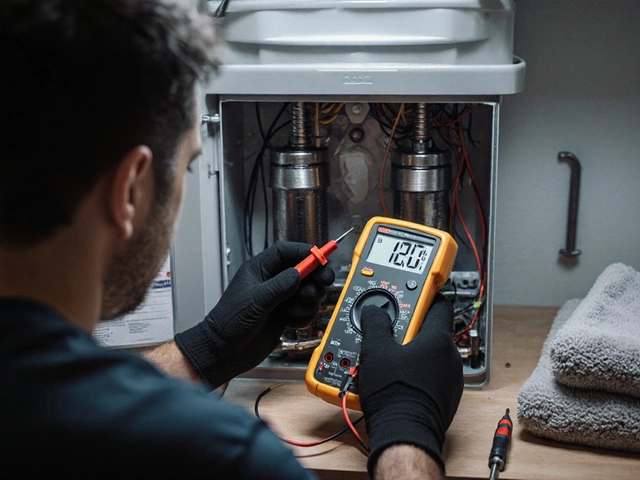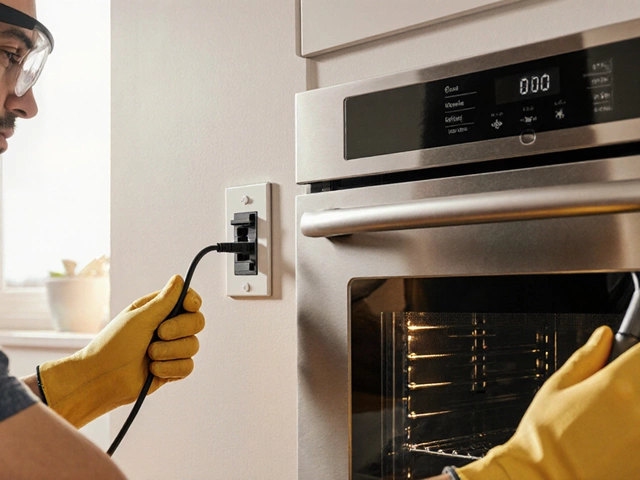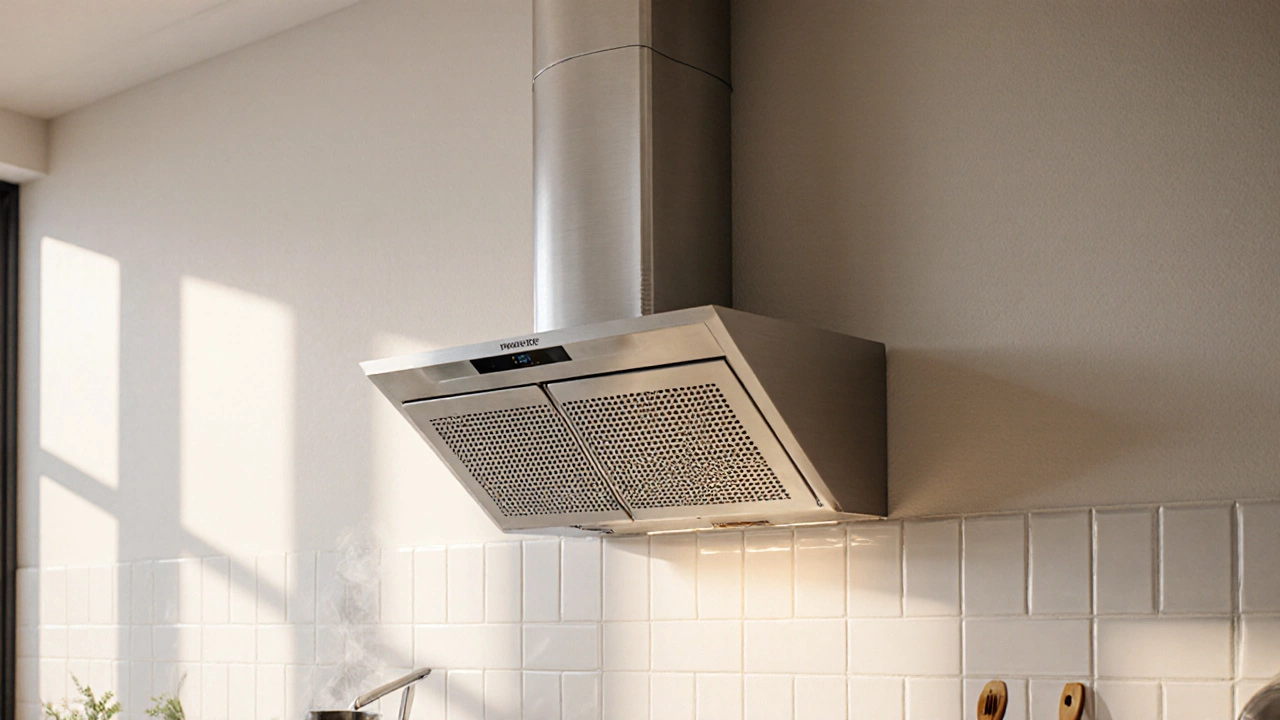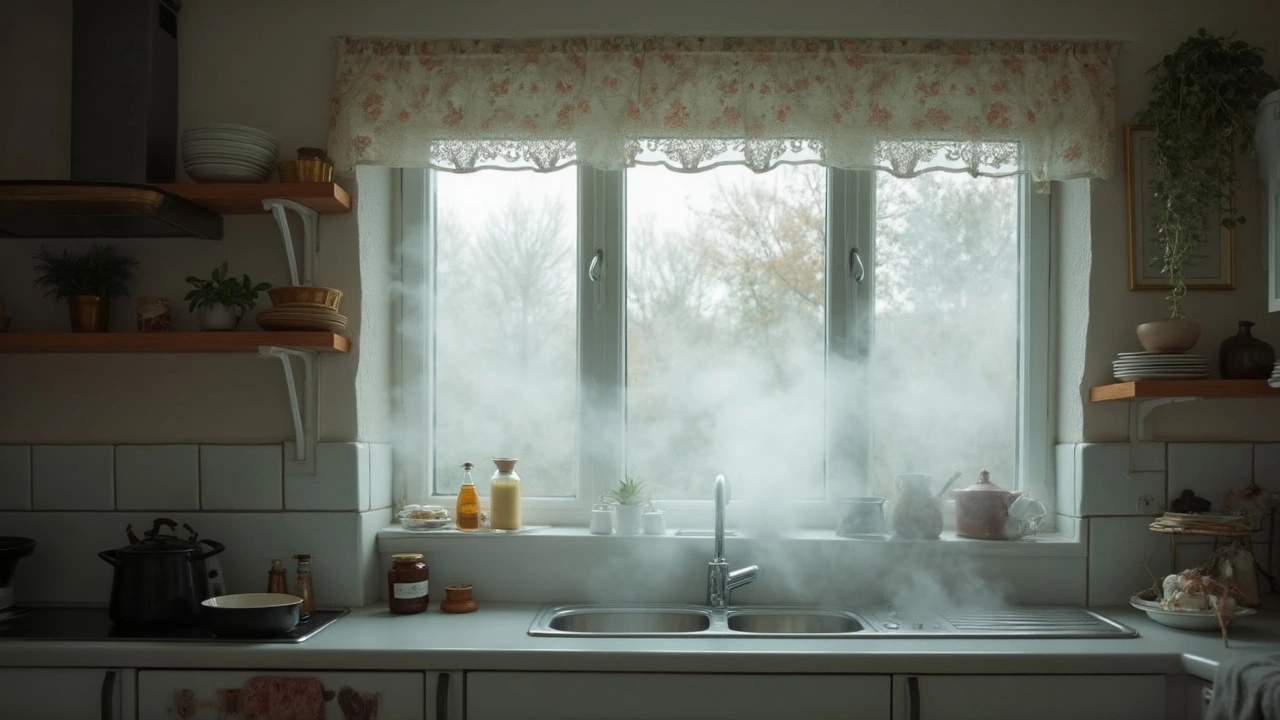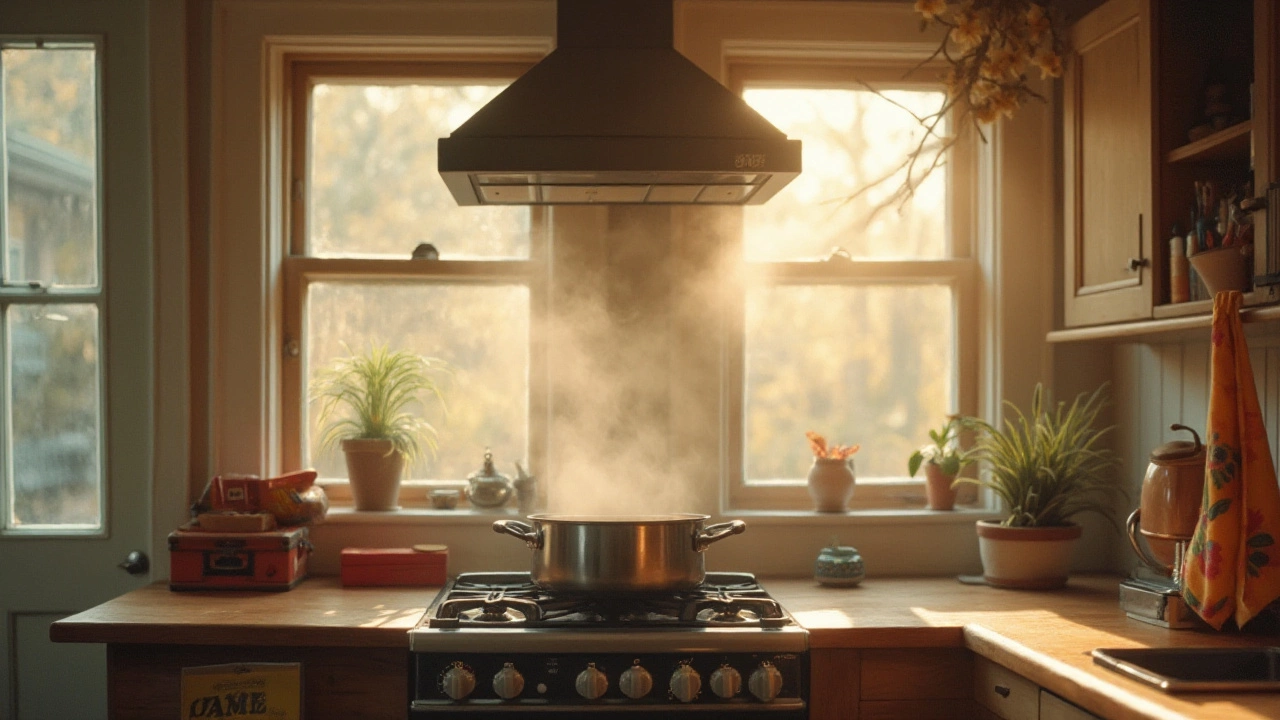Kitchen Ventilation Made Simple: Keep Your Cooking Space Fresh
Ever notice lingering smells or excess steam after cooking? That's a sign your kitchen ventilation isn’t doing its job. Good airflow stops grease buildup, stops mold, and makes cooking more comfortable. Below are easy steps you can take right now, plus clear guidance on when to call a professional.
Why Your Extractor Fan Needs Regular Care
Extractor fans are the workhorses of kitchen ventilation. They pull hot air, steam, and cooking fumes out of the room, letting fresh air in through windows or vents. Over time, grease and dust coat the fan blades and filter, reducing suction. A clogged fan works harder, makes more noise, and can even become a fire risk.
Cleaning the filter is the quickest fix. Most kitchen fans have a metal or charcoal filter you can pull out, soak in hot soapy water, scrub gently, and dry before reinstalling. Do this every 1‑2 months if you cook often, or monthly if you fry a lot. For built‑in hoods with hard‑to‑reach parts, a soft brush and vacuum can clear the interior without disassembly.
When to Call an Expert
Some problems need more than a DIY clean. If the fan still sounds weak after cleaning, the motor may be failing, or the ductwork could be blocked. A professional will inspect the motor, check the electrical connections, and clear any bends or clogs in the vent pipe. In older homes, the duct may be too long or improperly sized, which lowers performance. A qualified technician can redesign the duct route or suggest a higher‑capacity fan.
Electrical safety is another reason to hire a pro. If you notice flickering lights, a tripped breaker, or the fan stops working altogether, there could be a wiring issue. Electricians who specialize in kitchen ventilation know the local codes and can safely replace or rewire the unit. Trying to fix wiring yourself without the right knowledge can be dangerous.
Finally, if you hear strange grinding noises, smell burning, or see visible wear on the motor, stop using the fan immediately and call a repair service. Ignoring these signs can lead to a full fan replacement, which costs more than an early fix.
In summary, keep your kitchen air clean by cleaning the filter regularly, checking for reduced suction, and watching for electrical clues. When the easy steps don’t help, reach out to a certified repair technician or electrician. A well‑maintained ventilation system protects your health, extends the life of your appliances, and makes cooking a pleasure rather than a chore.
Need a quick appointment? Our local Rugby team of appliance repair experts can diagnose and fix ventilation issues fast, so you get back to cooking without the stale smell lingering.
